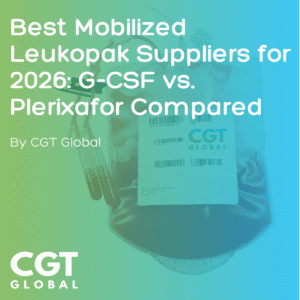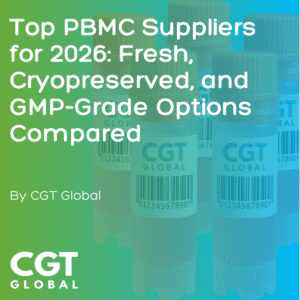Pancreatic ductal adenocarcinoma (PDA) is an aggressive and difficult malignancy to treat and accounts for one of the highest cancer death rates in the US. PDA encompasses 85% of all pancreatic cancers and has a 5% survival rate five years after diagnosis. Given the severity of the disease, it is imperative to find a cure or even a treatment that increases the survival rate of afflicted individuals.
PDA comprises a dense fibrous stroma that has a heterogeneous population of cells, including fibroblasts, myofibroblasts, pancreatic stellate cells and immune cells. The immune cells that exist in the stroma are immunosuppressive cells that include tumor-associated macrophages, myeloid-derived suppressor cells (MDSCs), γδ T cells, and regulatory T cells (Tregs). Consequently, the cellular makeup of this fibrous network may promote cancer progression and cause resistance to chemotherapy and radiation therapy. Understanding the roles these immune cells play in PDA may lead to an effective immunotherapy for PDA treatment.
In an article by Jang et al, the authors give insight into the role immune cells play in PDA. More specifically, due to Tregs ability to impede anti-tumor immune responses in a variety of other cancers, the authors focus on CD4+FoxP3+ Tregs and their interaction with other immune cells in PDA.
Using a mouse model, the authors created a pancreatic lesion and determined that as the tumor progressed so too did the number of Tregs in the surrounding area. Ablation of the Tregs correlated to a reduction in tumor growth and incidentally a prolonged survival rate. Further analysis showed that ablation of Tregs resulted in the expansion and activation of tumor-infiltrating CD8+ T cells. Removal of Tregs and CD8+ T cells resulted in an increase of tumor size, leading to the possibility that activation of CD8+ T cells inhibits or slows tumor progression. Additionally, blocking of IFN-γ, a potent tumor suppressor cytokine produced by CD8+ T cells, promoted tumor growth. Taken together, Tregs inhibit the activation of IFN-γ producing CD8+ T cells, which in return, promotes tumor growth.
The analysis of T cell suppression was further analyzed through monitoring the interaction of Tregs with tumor associated CD11c+ dendritic cells (DCs), which are involved in the activation of CD8+ T cells. The authors showed a prolonged interaction of Tregs with CD11c+ DCs, a reduced interaction of CD8+ T cells with CD11c+ DCs, and a decrease in CD11c+ DC surface molecules important for CD8+ T cell activation. In addition, ablation of Tregs showed an increase in T cell activating molecules on the surface of CD11c+ DCs and an increase in CD8+ T cell activation. These results suggest that Tregs compete CD11c+ DCs away from CD8+ T cells and restrain CD11c+ DC tumor immune responses.
The plausibility that Tregs play a tumor-promoting role by suppressing DC function, which in return results in limiting tumor-infiltrating CD8+ T cells and reducing IFN-γ production, broadens the understanding of PDA progression. These findings suggest a likely series of interactions that can be used as targets for immunotherapeutic treatment of PDA.
StemExpress supports researchers globally by providing human blood-derived cell products. StemExpress is your source for quality human DCs and T cells such as CD8+ T cells, CD4+ T cells, and CD4+CD25+ T regs. Contact us for further information.






